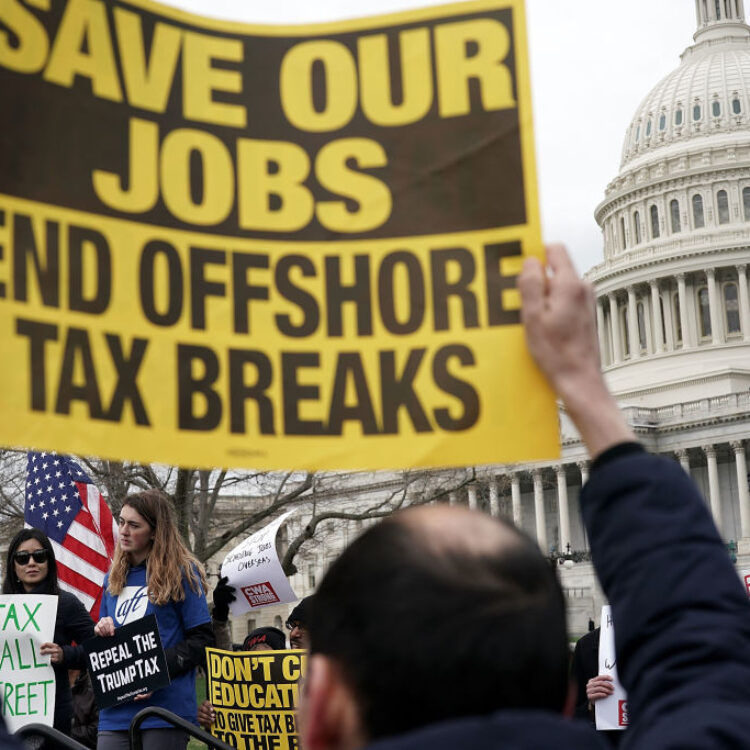Series: The Intersection of Corporate Taxation and Child and Family Well-Being Policy
January 23, 2024
The United States corporate income tax has been a force in fiscal policymaking for over a century, but in just the last few years it has become one of the most hot-button issues in US politics. Though raising taxes on corporations is historically popular, current political discourse around the opportunities for reform in 2025, when major provisions of the Tax Cuts and Jobs Act (TCJA) expire, tends to undersell the ways in which the corporate tax could fundamentally transform economic and social policymaking in the US—especially policies aimed at enhancing the well-being of children and families.
For decades, dueling claims about corporate taxation and its assumed effects on children and families have shaped US policy. From the “cut-to-grow” perspective, corporate taxation is taken to be a nuisance, providing revenue for the functioning of government but inhibiting economic growth and job creation, and thus the ability of families to care for themselves and their children.
The counter perspective of those who favor raising corporate taxes argues that increasing corporate taxation will necessarily help children and families by providing additional revenue for essential public services. The problem is that the first assumption is mostly wrong in practice. The issue with the second is that it is understudied.
This Roosevelt Institute series aims to understand the evidence underlying the dominant assumptions about the corporate tax. The first report does this by mapping out the various pathways through which corporate taxation actually—holistically—affects the well-being of children and families in the US, and the second by assessing the central worldviews driving key US corporate tax reform moments in history. This series aims to build on existing understanding of how dominant narratives come to be, how they—to the extent that they do—drive corporate tax policy outcomes in the US, and what their ultimate impact is on children and families.
Why This Matters
Looking back over the past 50 years of corporate tax reforms demonstrates just how entrenched the neoliberal narrative around tax cuts has become in policymaking. For too long, corporate tax policy in the US has had a reputation as being inconsistent with economic growth and unrelated to equitable social reforms. These two reports, centered on corporate taxation and well-being, map out the various pathways through which corporate taxation affects the well-being of children and families in the US and assess the central worldviews and assumptions driving key US corporate tax reform policy moments.
Series Publications
A Mapping of the Full Potential of US Corporate Taxation to Enhance Child and Family Well-Being
In the first contribution to this series, authors Emily DiVito and Niko Lusiani map out the various pathways through which corporate taxation affects children and families in the US through income and wealth, employment, education and childcare, and climate.
Fifty Years of ‘Cut To Grow’: How Changing Narratives around Corporate Tax Policy Have Undermined Child and Family Well-Being
In the second contribution to this series, authors Reuven S. Avi-Yonah, Emily DiVito, and Niko Lusiani provide an assessment of the central worldviews and assumptions driving key US corporate tax reform moments during the Reagan, Bush, Clinton, W. Bush, Obama, and Trump presidencies—and their consequences for the well-being of children and families in the US.




